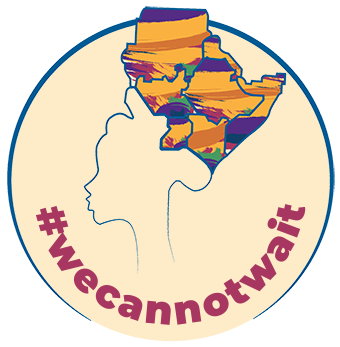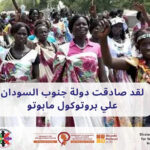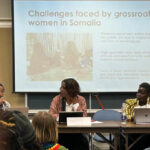Amidst several legislative ups and downs, the WCW Consortium partners persist in our quest to safeguard women’s rights in Somalia and Somaliland, championing justice and equality despite the consistent hurdles.
In Somalia, the Sexual Offenses Bill (SOB) aimed at curbing rape and gender-based violence was initially passed in 2018 but was later repealed. In 2020, the Sexual Intercourse and Related Crimes Bill emerged, alarming many due to provisions allowing child and forced marriage and other rights violations. In parallel, Somaliland faced its own legal dilemma with the Rape and Sexual Offences Act (SOA), which was lauded as a step forward for women’s and survivors’ rights in the country and supported by many women’s rights groups and activists. Despite the fact that the act was signed into law in 2018, it has yet to be enforced and subsequent revisions and debates have left the revised bill in limbo.
Opposition from religious groups remains a significant hurdle, leaving survivors in legal uncertainty. In 2021, 357 cases of sexual violence against women and girls were reported, with an increase in 2022, implicating clan militias, the Al-Shabaab, and even elements of the security forces.
Years of impunity for gender-based violence perpetrators have led to an alarming trend. Rape and femicide rates have risen, often at the hands of armed men in uniform. Fear of repercussions for survivors and systemic obstacles to justice in law enforcement and the judiciary contribute to a climate of constant fear for women and girls.
Survivors face daunting barriers to justice, including fees, gender bias, and a preference for community peace over individual justice.
We call upon Somalia and Somaliland to strengthen rule of law institutions, ratify international protocols, enact comprehensive sexual offense legislation, and increase female representation in law enforcement and judicial roles. The international community must pressure the Somali government to uphold commitments to women’s rights and accountability.
Read the most recent joint civil society statement on the matter from SIHA, NAGAAD, and 14 other civil society groups here.



